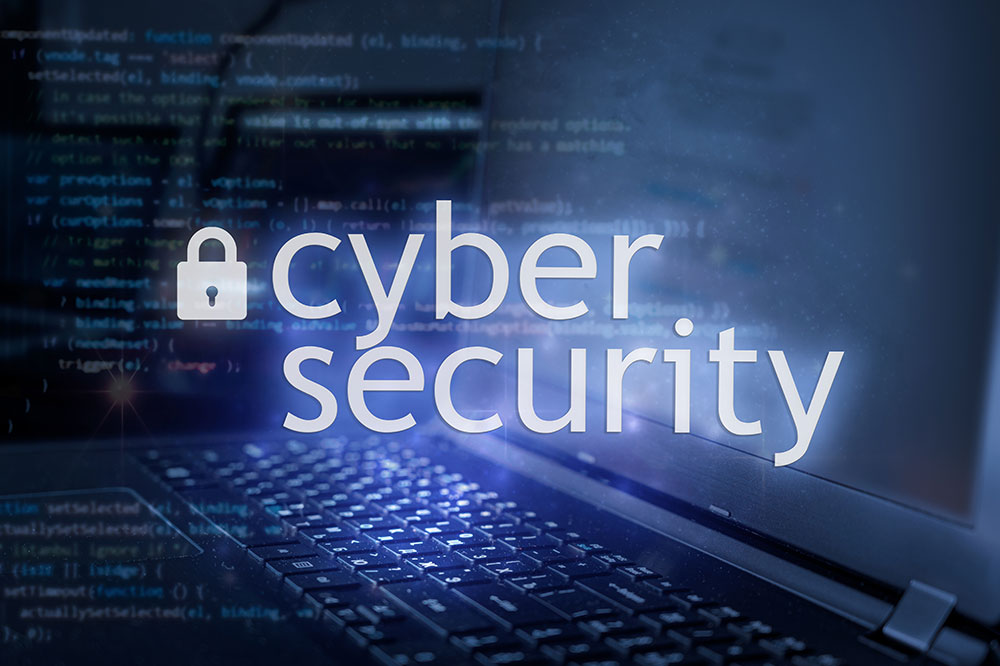2024's Leading Cybersecurity Training Programs to Boost Your Career
Discover the top cybersecurity training programs in 2024, designed to boost your skills and accelerate your career. Explore foundational courses, advanced certifications, and practical training options from top institutions like NYU, IBM, Google, and UC Davis. Whether you're a beginner or an experienced professional, these programs offer valuable knowledge and skills in areas such as threat detection, secure coding, and incident response. Enhance your cybersecurity expertise today with industry-recognized certifications and stay ahead in the rapidly evolving digital security landscape.

2024's Leading Cybersecurity Training Programs to Boost Your Career
In an era where digital technology is transforming every facet of our lives, cybersecurity has become more crucial than ever. As cyber threats grow more sophisticated and frequent, professionals in the field must stay ahead by acquiring advanced skills and certifications. The year 2024 introduces a variety of emerging cybersecurity training programs tailored to meet these evolving demands. Whether you're just starting out or aiming to deepen your expertise, selecting the right course can significantly enhance your career trajectory. This comprehensive overview explores some of the most popular and valuable cybersecurity training options available today, emphasizing their unique features, curriculum, and career benefits.
Foundations of Cybersecurity – NYU Tandon School of Engineering
Developed by New York University's renowned Tandon School of Engineering, this foundational course is designed to equip learners with essential knowledge of modern cybersecurity strategies. It addresses the critical aspects of safeguarding computer systems and networks against a wide array of cyber threats. The course is suitable for beginners seeking a solid introduction to the field and aims to provide practical skills applicable in real-world scenarios. Spanning approximately four months with a commitment of about four hours per week, it offers a balanced and accessible way to start your cybersecurity journey.
The curriculum covers key topics such as:
Overview of Cyber Attacks — Understanding different types of cyber threats, including malware, ransomware, and phishing.
Countermeasures Against Cyber Threats — Learning how to implement effective defense mechanisms to protect digital assets.
Detection and Response to Cyber Incidents — Developing skills to identify intrusions early and respond efficiently to minimize damage.
Security for Enterprise and Infrastructure — Applying security principles in large-scale organizational environments to ensure business continuity.
This program emphasizes hands-on learning, allowing students to evaluate security measures and develop strategies to prevent breaches. Completing this course provides a solid foundation for进一步 progressing into more advanced certifications and roles in cybersecurity.
IBM Cybersecurity Analyst Certification
Designed by industry leader IBM, this comprehensive certification program encompasses eight rigorous courses aimed at nurturing proficient cybersecurity analysts. The curriculum is tailored for those who want to develop technical expertise in various domains of cybersecurity, from threat detection to incident management. Over the course of the program, learners will gain practical skills essential for safeguarding organizations from evolving cyber threats.
The certification includes courses covering:
Introduction to Cybersecurity Tools & Threats — Familiarization with common security tools, attack vectors, and threat landscapes.
Roles, Processes & System Security — Understanding organizational roles in cybersecurity and processes for maintaining security governance.
Security Regulations & System Administration — Learning about compliance standards like GDPR, HIPAA, and best practices for system administration.
Network and Database Security Flaws — Identifying vulnerabilities within network infrastructures and database systems.
Penetration Testing & Forensic Analysis — Gaining hands-on experience in ethical hacking and investigating security breaches.
Threat Intelligence Strategies — Developing capabilities to gather and analyze threat data to anticipate attacks.
Real-World Breach Response Case Studies — Analyzing actual security incidents to understand practical responses and lessons learned.
Final Cybersecurity Analyst Assessment — Demonstrating proficiency through a capstone evaluation that consolidates skills learned.
Graduates of this program are well-prepared for roles such as cybersecurity analyst, security engineer, or incident responder. The certification boosts employability by validating technical competence and practical knowledge, making it a valuable investment for aspiring cybersecurity professionals.
Google IT Support Certification
This beginner-friendly program by Google targets individuals interested in entering the IT support domain, with a specialization in cybersecurity components. The training emphasizes essential skills needed for technical support roles, including setting up systems, troubleshooting issues, and ensuring network security. The entire program takes less than six months, making it accessible for learners without prior experience or technical backgrounds.
The coursework is divided into five key modules:
Basics of Technical Support — Introduction to fundamental IT concepts and service management techniques.
Computer Networking Fundamentals — Understanding network architecture, protocols, and security measures.
Mastering Operating Systems — Gaining proficiency in Windows, Linux, and Mac OS system management.
System Administration & Infrastructure — Learning how to configure and maintain IT infrastructures securely.
Cybersecurity in IT Support — Covering best practices for protecting systems and data against cyber threats.
Certifications like Google's IT Support can serve as stepping stones towards more specialized cybersecurity roles. Individuals completing this program will be equipped to troubleshoot and resolve cybersecurity issues, implement security protocols, and support organizational IT needs effectively. This certification is especially valuable for those seeking to start their cybersecurity careers with a solid foundation.
Secure Coding Certification – University of California, Davis
For developers and programmers aiming to enhance their security practices, the Secure Coding Certification offered by UC Davis is an ideal choice. In today’s fast-paced digital environment, writing secure code is essential to prevent vulnerabilities and safeguard applications from malicious attacks. This specialization focuses on instilling secure coding principles and ethical hacking techniques, enabling learners to identify security flaws proactively and implement robust defenses within their software.
The program covers critical topics such as:
Secure Coding Fundamentals — Foundations of writing code with security as a priority.
Vulnerability Identification Techniques — Methods to detect security weaknesses within code before deployment.
Securing C/C++ Applications — Best practices for developing secure software in C and C++ environments.
Java Application Security & Exploitation Prevention — Techniques to protect Java applications from common exploits.
Hands-on activities include using WebGoat, a training tool designed for penetration testing practice and vulnerability assessment. This practical approach equips learners with the ability to anticipate and prevent security breaches in applications. The credential is particularly valuable for software developers, security engineers, and ethical hackers, as it emphasizes real-world applications of secure coding principles, fostering a proactive security mindset.
As cyber threats continue to evolve, staying ahead with advanced training in secure coding is vital for developers and organizations aiming for resilient software products. This certification not only enhances technical capabilities but also aligns with best practices in cybersecurity assurance.
Overall, the cybersecurity training landscape in 2024 is expansive and dynamic, offering diverse pathways for professionals at all levels. From foundational courses to specialized certifications, these programs are designed to mold the next generation of cybersecurity experts capable of defending digital assets against ever-increasing cyber threats. Investing in these educational opportunities can significantly improve career prospects, earning potential, and professional recognition in the expanding cybersecurity industry.





